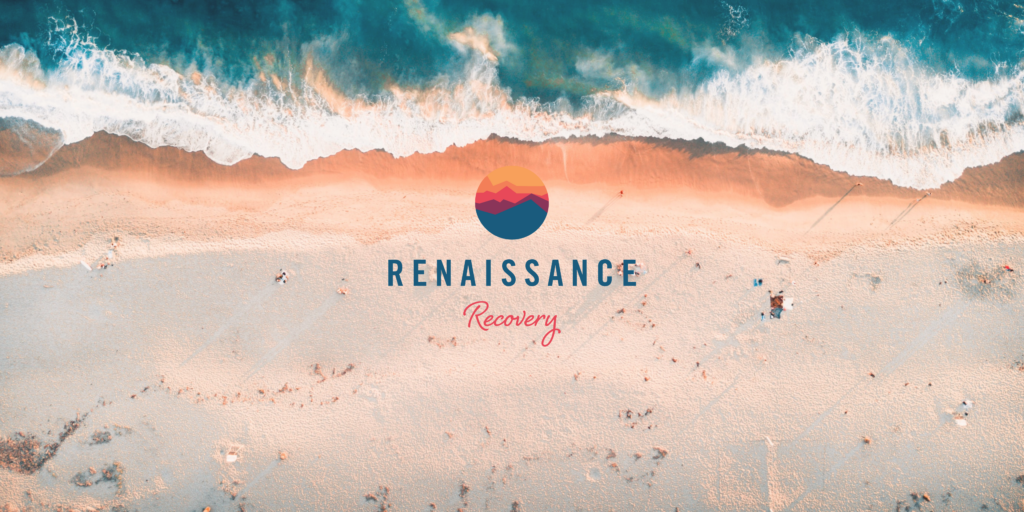A dedicated LGBT addiction treatment center offers the same evidence-based treatment as a regular rehab but remains sensitive to the needs of the LGBT community.
The LGBT community is increasingly described as the LGBTQ or LGBTQ2 community, reflecting those who identify as:
Need help getting addiction treatment?
- Lesbian
- Gay
- Bisexual
- Transgender
- Queer
- Sometimes questioning
- Two-spirited
Members of these sexual minorities faces a variety of challenges which has led to a higher rate of addiction among the LGBTQ community.
According to NIDA (the National Institute on Drug Abuse), treatment programs tailored to the specific needs of the LGBTQ community show more positive outcomes for that demographic than non-specialized addiction treatment programs.
The Overlap Between Substance Abuse and LGBTQ
Why is it that substance abuse LGBTQ is so rampant?
Well, members of the LGBTQ community face more challenges and barriers in everyday life than heterosexuals. Some of the most pressing of these issues are:
- Stigmatization and discrimination targeted at sexual orientation
- Emotional abuse
- Public humiliation
- Ridicule at work
- Threats
- Rejection and shame from loved ones
- Hate crimes
Additionally, many members of the LGBTQ community are compelled to live a closeted life. This entails hiding their sexuality from others, often due to a fear of rejection, shame, or stigma. Living a double life exacts a significant psychological toll that can trigger emotional distress and the development of various mental health disorders. Some of the most common of these include:
- Major depressive disorder
- GAD (generalized anxiety disorder)
- Elevated stress levels
- Self-harm
- Suicidal ideation
Beyond these issues, LGBTQ individuals may also undergo physical health issues related to their sexuality, including:
- Sexual dysfunction
- Sexual abuse
- Sexual assault
- Compulsive sexual activity
- Anxiety-related to HIV/AIDS
In light of these manifold challenges, many members of the LGBT community self-medicate emotional turmoil with alcohol, prescription medications, or illicit drugs. Broadly, lesbian women are at heightened risk of an alcohol use disorder, while gay men are at increased risk of a substance use disorder, according to this review of studies.
Self-medication may offer some fleeting relief from symptoms of anxiety, depression, anger, or fear. Unfortunately, both symptoms are liable to worsen over time, with the additional risk of a substance use disorder or dual diagnosis developing.
Many individuals within the LGBTQ report mental health conditions or sexual disorders that either precipitated substance abuse or continue to drive substance abuse. The most effective addiction treatment for this demographic takes any co-occurring disorders into account when formulating a treatment plan.
Among this community, it is transgender individuals who are most acutely vulnerable when it comes to countering emotional trauma with substance abuse. Research indicates that those who identify as transgender are more likely to use meth, cocaine, opioids, and benzos than those who do not.
LGBT Drug Abuse Statistics
When it comes to substance abuse in LGBT community, these are the most frequently abused drugs, per SAMHSA data:
- Alcohol: Almost one in four members of the LGBT community have moderate or severe alcohol dependency.
- Tobacco: Those who identify as gay or transgender use tobacco at more than double the rate of those identifying as heterosexual.
- Heroin: Those in the LGBTQ community are almost ten times more likely to use heroin than those from the heterosexual demographic.
- Meth: One of the most commonly abused drugs by members of the LGBTQ community, meth and other forms of amphetamine are over 12 times more likely to be abused by this demographic.
- Marijuana: Gay men are almost four times more likely to smoke marijuana than heterosexual males.
Historically, researchers believed that substance use issues were more prevalent among the LGBT population.
A 1996 review of studies highlighted the following trends:
- Gay men and lesbian women appear less likely to abstain from alcohol than heterosexuals.
- Lesbian women appear to be at heightened risk of heavy drinking and problems related to alcohol abuse.
- Gay men do not appear to be at increased risk of alcohol-related issues.
The lead researcher also pointed to an insufficiency of empirical evidence supporting the idea that the LGBTQ lifestyle directly contributed to substance abuse.
Lesbian and bisexual women are at heightened risk of problems related to alcohol abuse.
Gay and bisexual men are at heightened risk of problems related to drug abuse.
A study published in LGBT Health points out disproportionately high rates of substance use disorders among those in the LGBTQ community.
Researchers from the University of Michigan discovered that:
- Both lesbian and gay individuals were more than twice as likely as heterosexual individuals to develop severe alcohol use disorder or tobacco use disorder.
- Those who identified as bisexual were found to be three times more likely to develop substance use disorder than those who identified as heterosexual.
- The incidence of substance use disorder among those unsure how to identify their sexuality is five times more prevalent than among the heterosexual demographic.
This study did not examine transgender individuals, but there is some research in this area.
This study shows that transgender students were more than twice as likely to abuse cocaine and meth as their cisgender peers.
All empirical evidence emerging since the review of studies in 1996 mentioned above support the conclusion that LGBTQ individuals are at increased risk of alcohol use disorder and substance use disorder.

LGBT Addiction Treatment
Many people who identify as LGBTQ2 struggling with addiction are reluctant to engage with help offered by traditional treatment facilities.
Group therapy can feel intimidating for some members of this community due to a fear of homophobic behaviors or inappropriate remarks.
Fortunately, more treatment centers now offer LBGTQ-specific treatment programs for alcohol use disorder and substance use disorder. These programs typically include the following components:
- Coping methods for family problems
- Dealing with social isolation
- Countering homophobia or violence
What can you do, then, if you need more than LGBTQ addiction support groups? Well, we can help you with that here at Renaissance.

Get Help for Addiction Treatment Today
Here at Renaissance Recovery, all of our addiction treatment programs are highly personalized. Regardless of your orientation, you can engage with outpatient treatment for any of the following conditions:
- Alcohol use disorder
- Substance use disorder
- Mental health disorders
- Co-occurring disorder
Research shows that most mild and moderate addictions respond just as favorably to intensive outpatient treatment as residential rehab. If you need even more structure and support than an IOP (intensive outpatient program) provides, we also offer a PHP (partial hospitalization program). PHPs are the most intensive form of outpatient treatment.
Not only is outpatient rehab more flexible and affordable than residential rehab, but you’ll also benefit from access to the same evidence-based therapies, including:
- CBT (cognitive behavioral therapy)
- DBT (dialectical behavioral therapy)
- MAT (medication-assisted treatment)
- Individual counseling
- Group counseling
- Family therapy
You can complement the above research-backed treatments with holistic therapies like mindfulness, meditation, and adventure therapy for a whole-body approach to recovery from addiction.
If you are grappling with a co-occurring mental health disorder like anxiety or depression, you can engage with simultaneous treatment for both conditions through our dual diagnosis treatment program.
When you complete your treatment, you’ll be equipped with a relapse management strategy and aftercare plan so you can transition back into sober living with a firm foundation for ongoing recovery. Get started today by reaching out to our addiction hotline at 866.330.9449.



